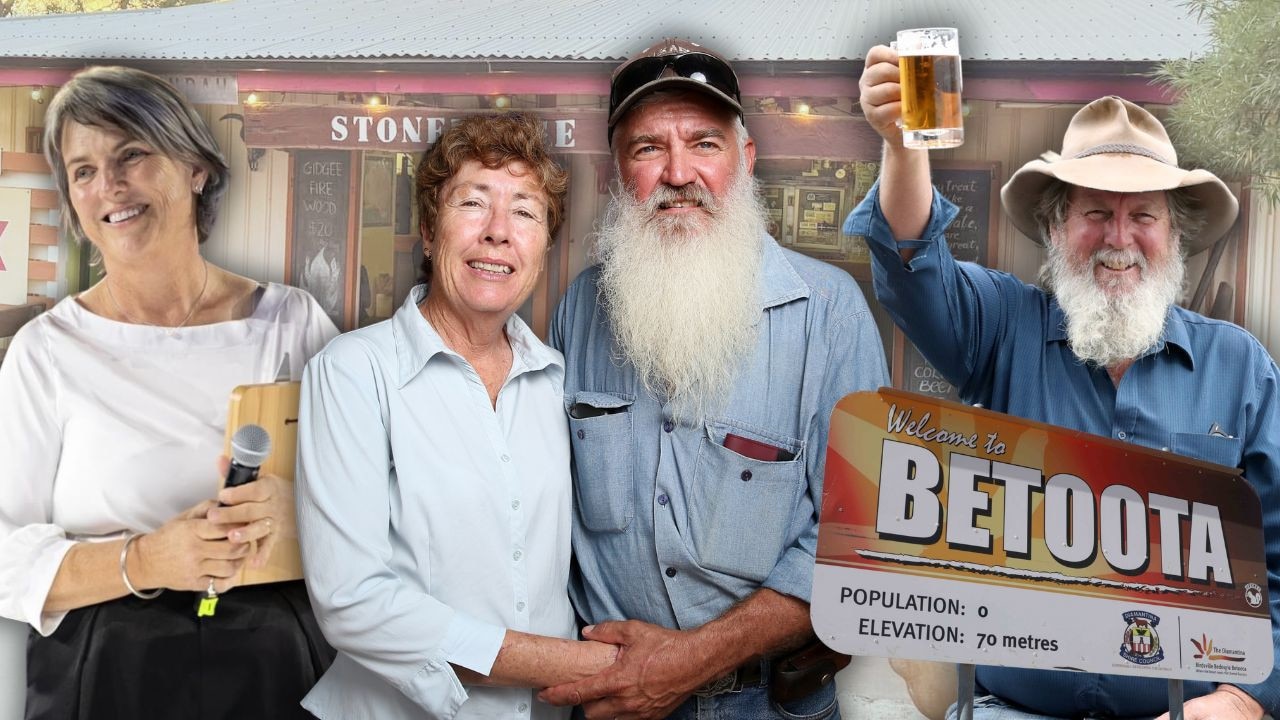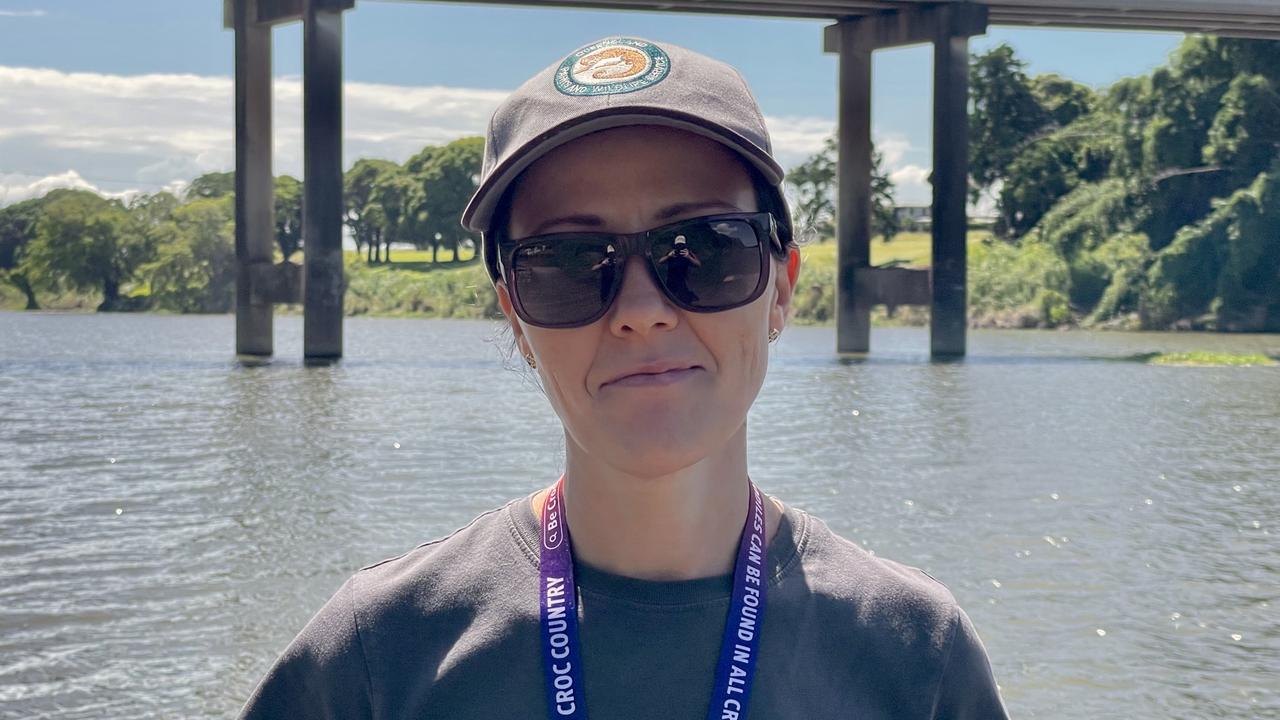Coroner to rule on whether cyclist could ride on motorway
A CORONER will examine whether a recreational cyclist should have been allowed to ride along the Warrego Hwy where he died in a semi-trailer collision.
Mackay
Don't miss out on the headlines from Mackay. Followed categories will be added to My News.
A CORONER will examine whether a recreational cyclist should have been allowed to ride along a section of the Warrego Hwy where he died in a semi-trailer collision.
Coroner John Hutton said riders must use the highway, near the Kholo Rd exit, at their own peril after learning there was only 80cm to 1.3m from the white fog line to the edge of the bitumen.
Counsel assisting the coroner Anthony Marinac said it was lawful for Malcolm Donald Kemp, 52, to be riding "on or even inside the fog line actually on the laneway of the road".
He said the Ipswich City Council and the Department of Transport and Main Roads had considered whether they should continue to exclude cyclists from that section of road when it changed from a highway to a motorway in 2007.
"The primary reason as I understand it was the absence of an alternative route," he said.
Mr Hutton questioned: "They decided not to extend the width of the road to accommodate cyclists, they just left them at their own peril?"
Mr Marinac said the inquest investigations had not revealed any information about changing the road width.
He said a risk assessment had been conducted since the crash that killed but a report was not due until June this year.
The inquest will also investigate the use of personal music devices while cycling and the truck driver's conduct on that fateful day in June, 2011.
Mr Kemp suffered internal injuries to his lungs, heart and spine from a collision with a semi-trailer also driving eastbound.
Mr Marinac said it was not clear whether the truck had collected the bike rider or the bike had destabilised with the wind from the truck travelling so close and been pulled into it.
He said the inquest would hear from an expert about using personal stereo devices while cycling.
"(He) will indicate that even when used at low volume and, indeed, even when turned off, the personal stereo devices are capable of seriously interfering with a cyclist's ability to interpret the aural environment around them," he said.
"It is possible for a cyclist who has no personal stereo device to locate items which are emitting noise such as a truck in terms of both their distance and direction but much more difficult when the personal stereo device is being used."
Truck driver Aaron Sutton, who has not faced any driving or criminal charges related to the crash, told the court he saw Mr Kemp about 100-200m ahead, checked his mirror to see if he could move and saw cars rushing up on the right-hand lane.
He said he realised he could not change lanes so he shifted as close to the centre line as he could.
Mr Sutton said Mr Kemp seemed to be riding closer to the roadway because there was a guardrail.
"He didn't have a lot of room. He was trying to get himself as much room as possible," he said.
The coroner said "one would have expected" the semi trailer driver, if he could not move, "to slow down until such time as he had a safe passage past the cyclist, giving the cyclist a wide berth".
"In this situation, without talking about criminal or legal responsibility, there is a duty of care of a semi trailer driver to even a bicycle rider if the bicycle rider is in front of them," he said.
The inquest continues.
Originally published as Coroner to rule on whether cyclist could ride on motorway






